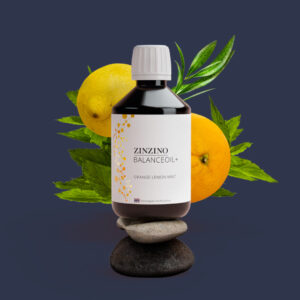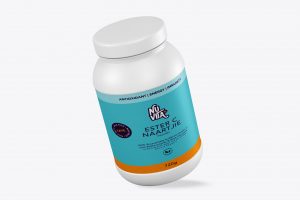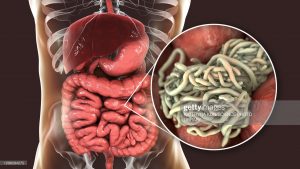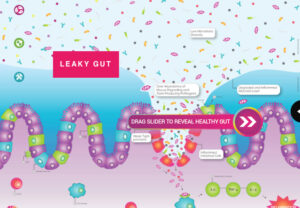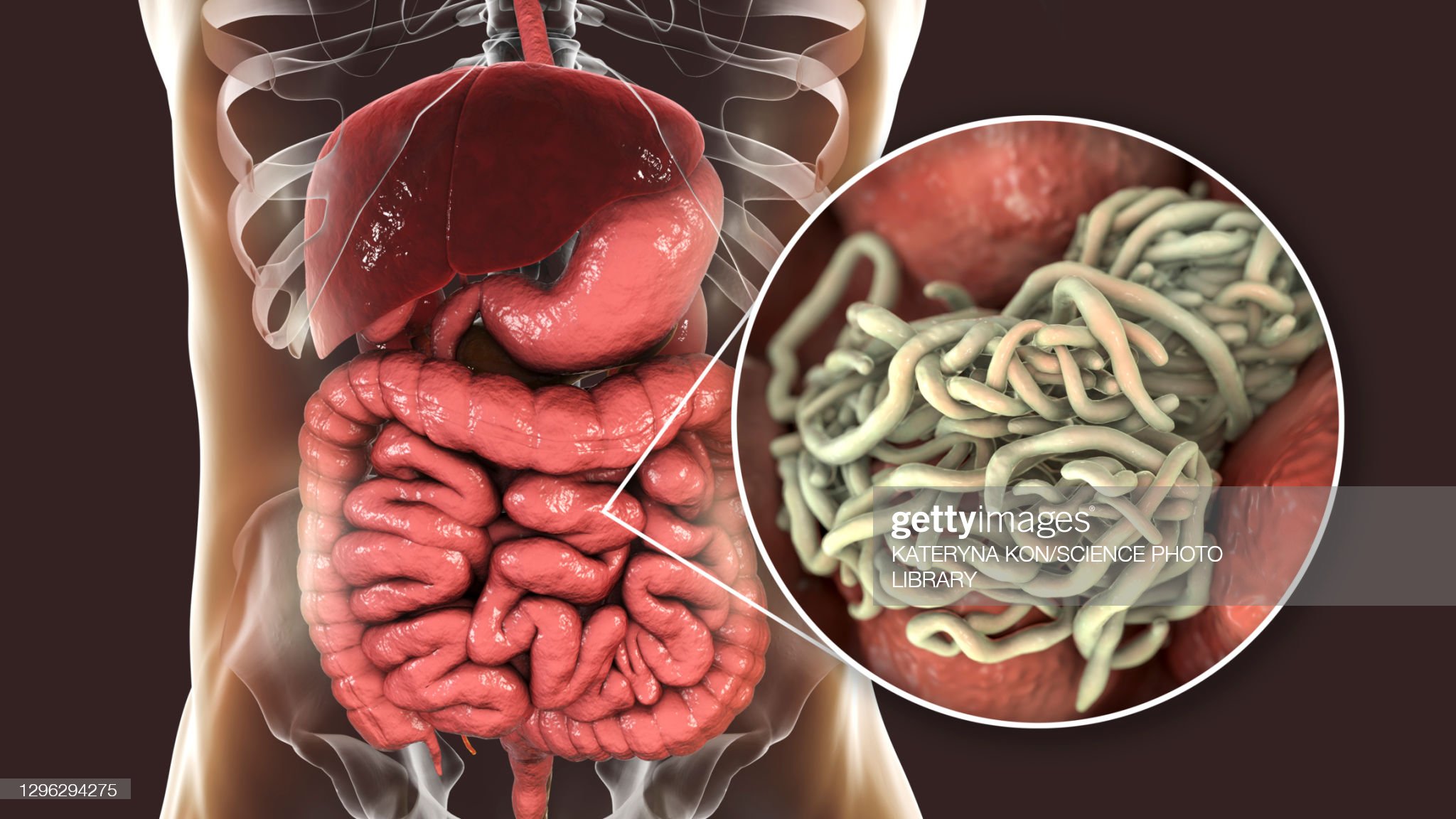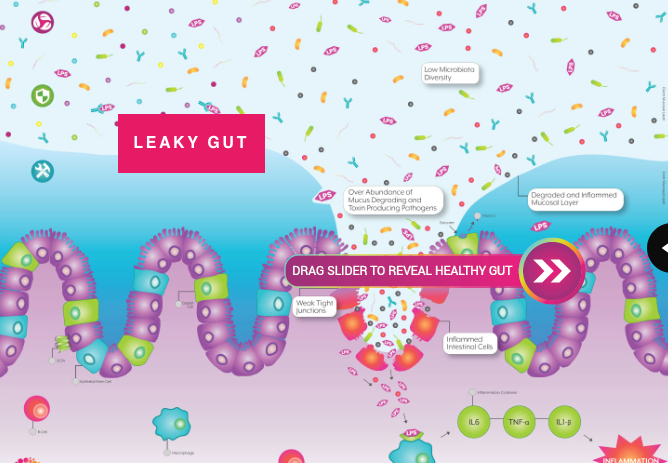A bladder or urinary tract infection may be indicated by incontinence, burning sensation upon urination, sensation of urgency to urinate without the ability to void completely, reddish or cloudy urine, foul smelling urine, lower abdominal pain, and frequent urination
D-Mannose is considered to be a simple sugar, like glucose. It is naturally found in cranberry and pineapple juice. When D-Mannose is ingested into the body, most of it is rapidly absorbed through the stomach and upper gastrointestinal tract before reaching the intestines. The result is that almost all of the sugar is emptied into the urine through the kidneys, and only a very small amount of D-Mannose is actually metabolised by the body. Although it may not be obvious at first, the fact that the body treats D- Mannose essentially as a waste product turns out to have very positive implications for people suffering form urinary disorders, such as bladder infection.
Escherichia coli (or E. coli) is the normal bacterium found in every intestinal tract as part of the natural microbe population therein. When E. coli bacteria find their way into the urinary tract, they may infect the urinary bladder. This is quite common. In fact, 80-90 percent of all bladder infections (cystitis) can be attributed to E. coli entering the urinary tract, a problem 50 times more widespread among women than among men. Provided there exists a predisposing weakness of the immune system, E. coli bacteria present in the vagina are able to migrate into the urethra and onward to the bladder, which is why many women end up with a bladder infection every time they have intercourse. Unless the immune system destroys them, E. coli bacteria have the ability to attach themselves like glue to the inner walls of the urinary tract and bladder.
A bladder or urinary tract infection may be indicated by incontinence, burning sensation upon urination, sensation of urgency to urinate without the ability to void completely, reddish or cloudy urine, foul smelling urine, lower abdominal pain, and frequent urination.
If left untreated, a bladder infection may lead to a kidney infection when bacteria continue to migrate up the ureters to the kidneys. In such case, there will be additional symptoms such as burning sensation during urination, frequent urination, increased urgency to urinate, lower-back pain, chills, nausea, vomiting and diarrhea.
D-Mannose has a unique chemical structure that causes it to adhere to E. coli bacteria even more tenaciously than E. coli adhere to human cells. Normal urination, therefore, with a sufficient level of D- Mannose present in the urine, becomes a simple and effective treatment for the above conditions. As remarkable as it sounds, E. coli cells coated by D-Mannose in the urine become unglued and get flushed right out of the body.
The first-time use of antibiotics in the treatment of bladder or kidney infection almost always leads to repeat infections. Although these deadly drugs successfully kill the unwanted microorganisms, they also destroy the beneficial flora responsible for keeping any infectious bacteria at bay. Essentially, the immune system depends on these “friendly” microbes to protect the body against being decomposed while still living. Use of antibiotics has caused many women to end up having yeast infections, which indicates that this protective mechanism has already been broken.
D-Mannose has no anti-fungal properties. It does not kill bacteria, friendly or unfriendly. D-Mannose simply helps to remove misplaced E. coli from inside of the urinary tract by the natural process of urination. Apart from having no side effects and being of virtually no burden to the digestive system, it also tastes good, like sugar.
Interstitial Cystitis (IC) is a chronic bladder disorder that mimics the symptoms of an ordinary urinary tract infection (UTI). Normal therapeutic dosage is 1/2 tsp. daily for chronic sufferers of ICs and UTIs, or weekly for preventative measures (see Product Information).
In addition to the use of D-Mannose, UTI sufferers require thorough cleansing of the large intestine, liver bile ducts and kidneys, and an adjustment of diet and lifestyle. Taking SSKI iodide may also be beneficial.
Please note that Stevia, although it is very sweet, is not a sugar, but can be used as one. It is also perfectly safe for diabetics and those suffering from Candida issues.
Order your product by contacting us here.

